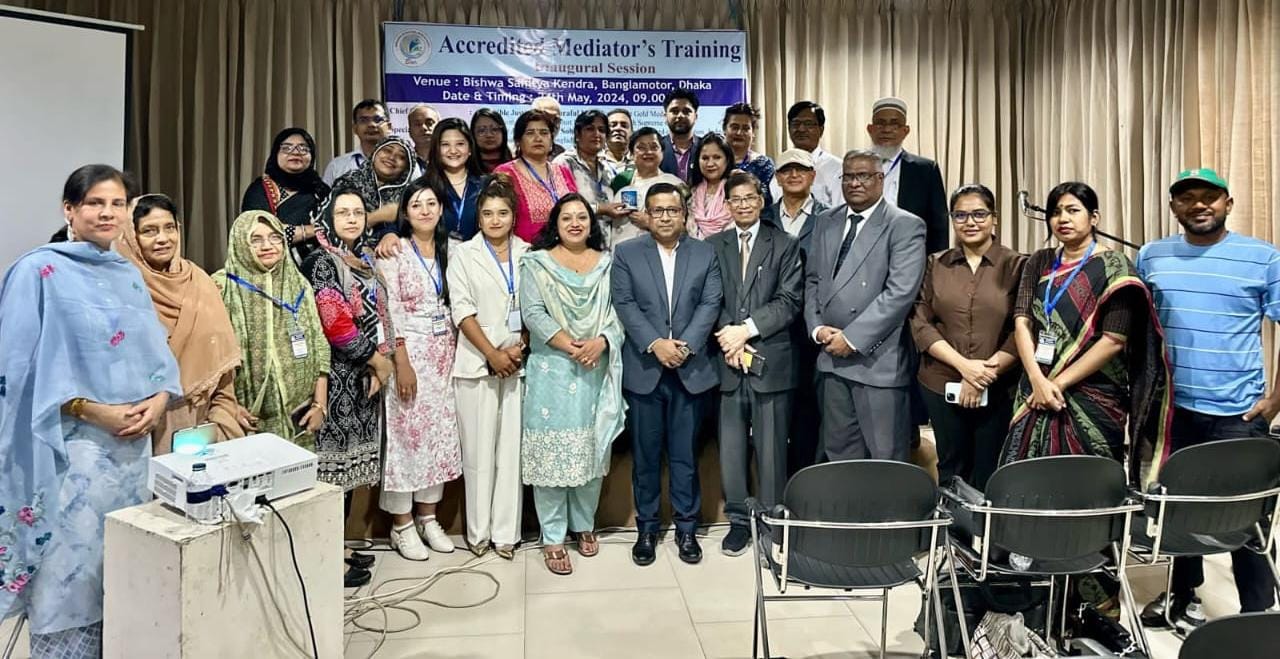Infrastructure, Manufacturing and Heavy Industries, despite being a commercially organizations, largely do not adopt and is devoid of the use of mediation as fast dispute resolving mechanism viz., Alternative Dispute Resolution (‘ADR’). Scanty adoption of mediation as ADR are twofold, firstly for process remained unfamiliar and cumbersome and secondly legal enforcement of the agreement both domestic and internationally. Internationally the agreement cannot be enforce unless there is a treaty between the disputing countries or the organizations, industry incorporated in such countries.
The approval of the final draft for a Convention on the Enforcement of Mediation Settlements at the 51st Session of the United Nations Commission on International Trade Law in June 2018 and thereat signing approved draft as the Singapore Convention on the Enforcement of Mediation Settlement Agreements in August 2019, opened new frontiers for fast resolution of disputes amicably between the parties without incurring heavy cost. The greater advantages for a commercial industry to resolve the dispute quickly to avoid additional financial cost of the project made the Singapore Convention more appropriate to resolve disputes amicably.
Bangladesh Government is yet to promulgate and law, acts rules on mediation but continues to rely on Sec 89 of Civil Code of Procedure of Bangladesh to refer matters to ADR and has successfully achieved the results.
In spirit and in words of Singapore Convention, Supreme Court of India reformed the Indian Judicial System when Hon’ble Mr. Justice A.M. Ahmadi, the then Chief Justice of India invited the Institute for the Study and Development of Legal System (ISDLS) to India for a national exchange program between India and USA. The program concluded with recommendations for limited structural and legislative reforms which resulted in amendment to section 89 of the Civil Procedure Code (1999) with effect from 1.7.2002 and mediation was made mandatory and envisaged as one of the appropriate tools for settlement of disputes. This amendment was made on recommendation of Law Commission of India and Justice Malimath Committee. Justice Malimath Committee recommended making it obligatory for the Court to refer the dispute, after issues are framed, for settlement either by way of Arbitration, Conciliation, Mediation or Judicial Settlement through Lok Adalat. In case disputes fail to get resolved through any of the Alternative Dispute Resolution methods, then the suit could proceed further. Thus Section 89 has been introduced to promote alternative methods of dispute resolution.
Government of India, Ministry of Finance notification dated 3 June 2024, by taking account of recent developments, namely the enactment of the Mediation Act, 2023 that came into force from July 2024 and Court decisions, resulted and necessitated a re-examination of the Government’s approach towards arbitration vis-à-vis other methods of dispute resolution, such as mediation and litigation. Major concern on expenditure and accrued liability to the Government stem from the non-beneficial of finality of arbitration awards as large majority of arbitration decision are being challenged in the Courts both the Government and by the opposite party. Therefore, instead of reducing litigation, it has become virtually an additional layer and source of more litigation, delaying final resolution. In many cases, a commercial and sensible practical approach if resorted to, may indeed amicably resolve the issues at the threshold, but the existence of an arbitration clauses makes it easy for officers and engineers to avoid taking any decision by letting the dispute go to arbitration. Government proposed that as a norm, arbitration may be restricted to disputes with a dispute value less than INR 100 Million and above to be referred to Mediation. Therefore the suppliers and contractors of Indian public bodies will have to rethink their dispute resolution approach, as the government of India has issued guidelines encouraging the use of mediation over arbitration for disputes arising out of public sector contracts, particularly in larger value claims.
Bangladesh shall be promulgating mediation act or rules and in the light of mediation rules already in force in India.
BIMF assumes significance in fostering mutual agenda to train and develop its resources for sustainable development.
